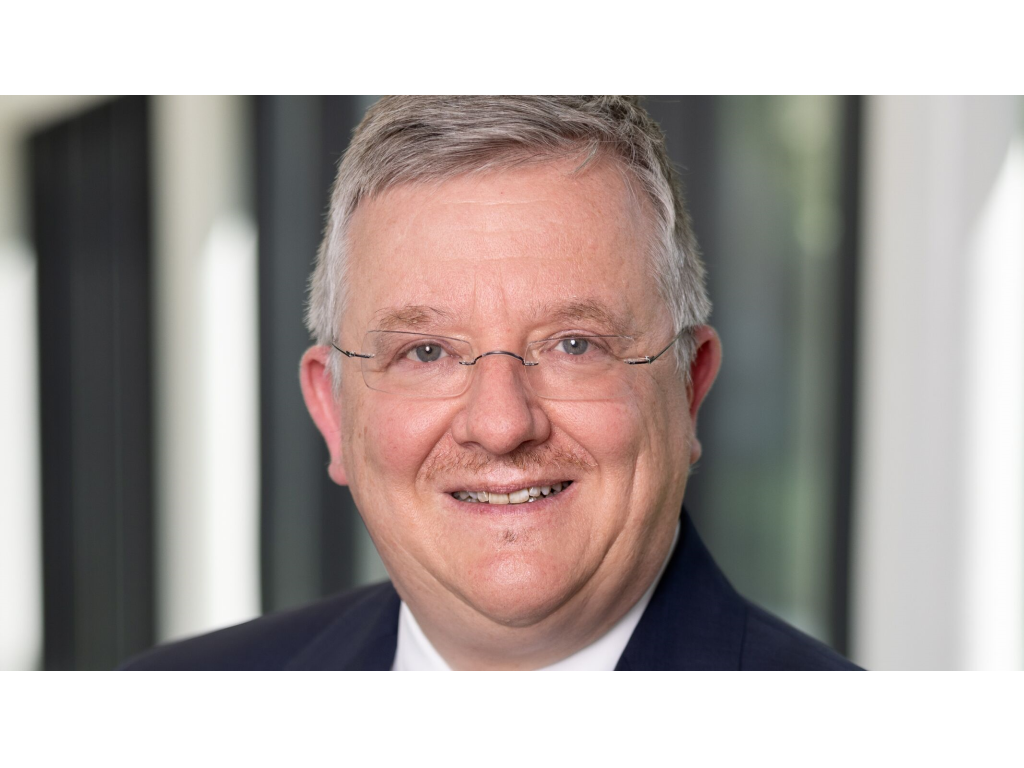The German Engineering Federation (VDMA) is calling for a renewed reform of the Skilled Immigration Act, as it has key shortcomings.
VDMA has reservations
The issue of a shortage of skilled workers is currently dominating the political debate as one of the decisive megatrends. For months, the industry has been pushing hard for a Skilled Immigration Act to counteract the staff shortage in Germany. On 23 June, this law was now passed in the Bundestag. However, Thilo Brodtmann, CEO of the VDMA, expresses clear reservations, while Federal Minister of the Interior Nancy Faeser praises the law in her speech to the MPs as the “most modern immigration law in the world”. Brodtmann continues to describe the reformed law as a “political construction site”, as many central questions remain unresolved.
Skilled Immigration Act still shows shortcomings
According to Brodtmann, the revised version of the law continues to show considerable shortcomings. Professionals who want to immigrate still have to overcome bureaucratic hurdles at the embassies and consulates. Neither the technical nor the personnel equipment of the missions abroad has been improved, and a timely digitalisation of the procedures is not foreseeable. Another central problem is that the efficient mediation between skilled workers from third countries and domestic companies that would like to employ them has still not been solved.
Further information on the VDMA’s statement can be found here.
